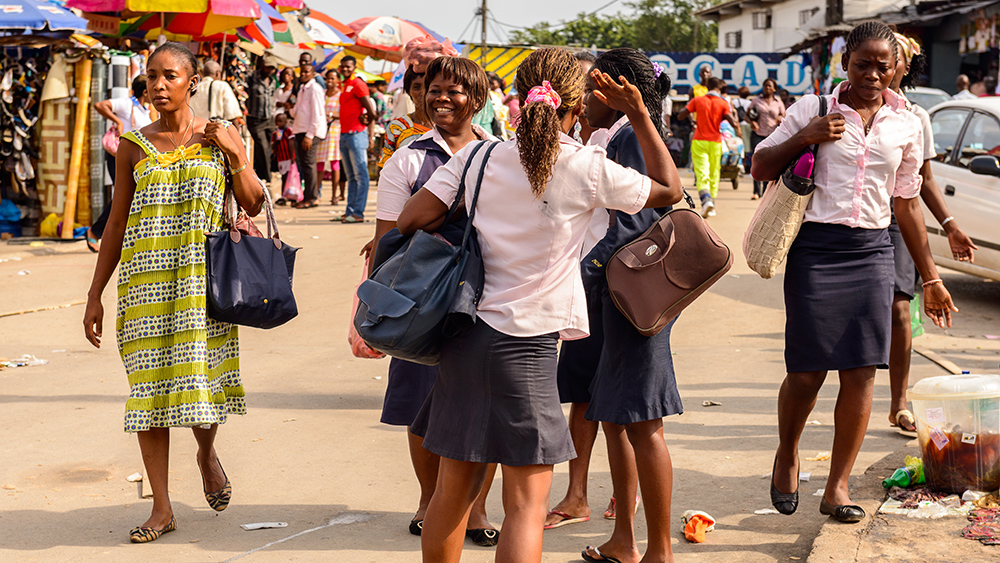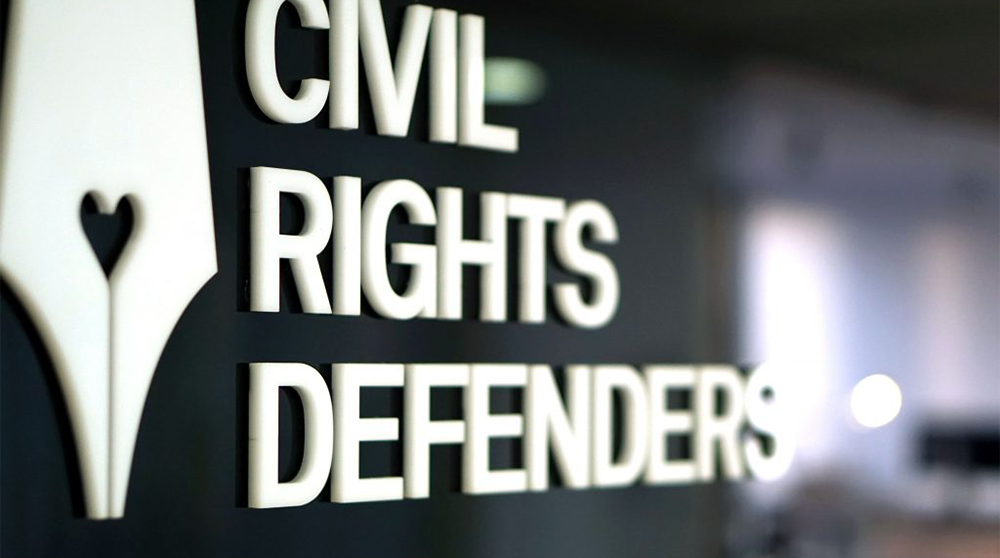In August 2023 a coup ended the Bongo dynasty’s 56-year hold on power in Gabon. General Nguema, the coup leader, established a transitional government and started a dialogue to chart a path to democratic rule. What will be the next step?
At the end of April 2024, a long and peaceful process of national dialogue in Gabon between the military junta, presided over by coup leader General Brice Oligui Nguema, and civil society, represented by 580 civilians, came to an end. The national dialogue followed an August 2023 coup that removed Ali Bongo Ondimba from office and ended the Bongo dynasty’s 56-year hold on power in Gabon.
General Nguema, the coup leader, established a transitional government and the dialogue to chart a path to democratic rule. At the end of the dialogue, he received a report containing nearly a thousand proposals.
Gabon has now entered a period where promises must give way to execution. Agenda setting must be replaced by policy implementation. Action must take the place of words. For now, the coup leader enjoys the status of a hero. There was no serious opposition to his announcement of a two-year transition.
I wrote my doctoral dissertation on the rentier state in Gabon. An oil-rentier state is a country highly dependent on oil exports as a percentage of GDP, or exports, or government revenues. In 2021 the oil sector accounted for 80% of exports, 45% of GDP, and 60% of Gabon’s fiscal revenue.
Since then I have published several works on the small, oil-rich central African republic, including the third and fourth editions of the Historical Dictionary of Gabon.
While there is much to be praised in the man who overthrew the Bongo dynasty, unless Nguema manages to either hand over power to a civilian, generate significant economic growth or nationalise the economy for the benefit of the Gabonese, he risks becoming the country’s third authoritarian ruler.
The report
According to the published report, Gabon will abandon its French-style dual executive, wherein a president shared executive power with a prime minister. Instead, the country is going for the presidential system with a legislature to provide checks and balances for the president.
Members of Ali Bongo’s former ruling party, Parti Démocratique de Gabon, are disqualified from holding public office for three years. And the dialogue did not forbid Nguema from serving as president. So this new constitutional design might lead to two years of benign, popular, personal rule until whenever elections are scheduled.
Economic growth
But his first problem, the one of the legitimacy of military rulers, is not so easy to avoid. Gabon has one of the richest per capita economies in sub-Saharan Africa, thanks largely to capital-intensive extractive industries, funded by economic rent – macroeconomic revenue generated for the state without making any contribution of capital, or mining technology, or even labour.
Managing this requires wise public finance. The new government must control spending, and begin extracting tax revenues either in direct taxes of businesses or indirect taxes through customs. Neither oil rent nor public finance has been easily mastered by military rulers in the region. Think only of the soldiers who took control of the oil-rentier states of Angola, Congo-Brazzaville, Equatorial Guinea, Sudan or Nigeria under military rule.
For most of these military rulers, the easy distribution of unearned mineral rents at first looks like a simple political solution. Then they realise that the thirst for unearned mineral wealth is unquenchable. Corrupt embezzlement to offshore fiscal paradises usually follows.
Gabon’s creditors are watching closely. Like the rest of the continent, Gabon is deeply in debt: 57.4% of GDP. Mays Mouissi, the new minister of economy, and Charles M’Ba, the minister of public accounts – both appointed by Nguema – have tried to reassure private creditors that Gabon will pay back its debt.
In February, the International Monetary Fund reported that “the government has initiated reforms to improve the management of public finances”. An IMF team, led by Aliona Cebotari, visited Gabon to meet the authorities and private businesses.
Cebotari said Gabon was facing significant challenges including declining oil production, stagnating income per capita, high unemployment, weak governance, and a precarious fiscal situation. She forecast growth to reach 3% next year, but “not sufficient to meaningfully boost per capita incomes.”
Once the honeymoon between the military regime and civil society is over, the transitional government will have to produce economic growth. It will have to improve the lives of ordinary Gabonese who have been left behind by 56 years of kleptocratic rule by the Bongo dynasty.
If Nguema does not reduce poverty, his popularity will decline and it will be difficult for him to implement the other policies listed in the national dialogue report. It is easy to promise economic growth. It is another thing to deliver it.
Debt crisis
Nguema’s government has inherited a difficult fiscal position because of Ali Bongo’s re-election campaign spending. That widened Gabon’s budget deficit to double digits.
Gabon was not paying its debt in 2023, but instead was accumulating financial fines on late payments. Nguema’s government must now pay these, further lowering available revenue.
Fiscal deficits in 2024-25 may be difficult to finance in the currently tight global finance environment, the IMF warns. This means Gabon’s public debt, despite promises by the government to creditors, may continue to grow.
Corruption
Added to this is the problem of the billions of dollars that have been stolen by the Bongo dynasty. Despite Nguema’s personal trips to London and Paris, and the arrest of former first lady Sylvie Bongo and her son Noureddine Bongo, he has been unable to find the hidden treasure. Most of the stolen money was borrowed by the Bongos. If Nguema is unable to recover it then Gabon will have to pay back the money with its future earnings.
What’s being done
Nguema’s transitional government has already started reforms to improve the management of public finances. All received funds are centralised into the treasury’s account. A regulatory framework for the management of state-owned enterprises has been set up. And public investment processes will be better managed.
But these reforms will take time. Nguema has assured foreign investors of political stability. He has assured both France and the United States that Gabon is an ally of the west. He has promised to lower Gabon’s debt burden to 49% of GDP by 2025.
There is no doubt that whatever Nguema does over the next two years, it could not be worse than what the Bongos did for 56 years. For now, ratings agencies (Fitch and Moody’s) have upgraded Gabon’s credit ratings. If his transitional government steers the ship of state conservatively, Nguema may be able to arrive at modest, stable macroeconomic growth.
Douglas Yates
Professor of Political Science , American Graduate School in Paris (AGS)
This article is republished from The Conversation under a Creative Commons license. Read the original article.
Read also
|
Uppläsning av artikel
|


